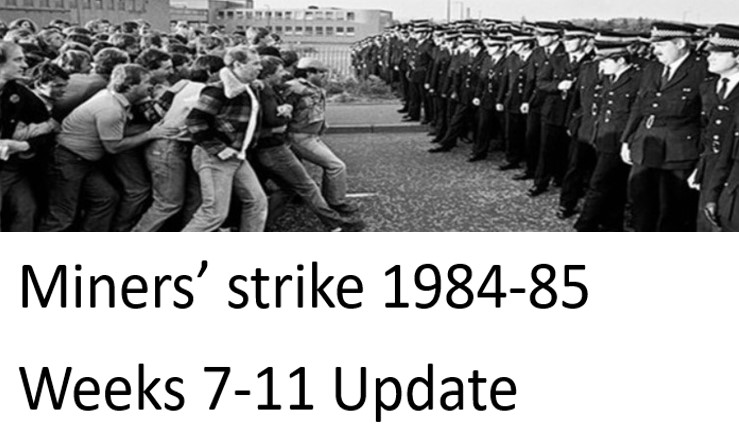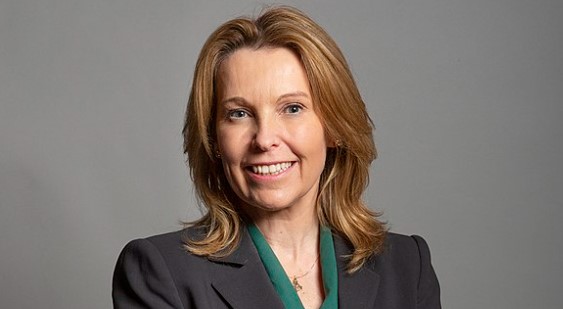October 20, 2017
Its official tourist website describes the island of Malta as a “uniquely charming and world class holiday destination with a lot to see and do…”. What it does not mention is that in the last ten years there have been fifteen mafia-style assassinations on this one tiny island, like the massive car bomb that killed Daphne Caruana Galizia last Monday.
This brave journalist had for decades been struggling to expose the corruption that has turned Malta into an “mafia state”. Galizia was described as “a one-woman Wikileaks”, running a very popular blog and using her own investigations and the leaked Panama papers to expose corruption right across politics and business in Malta. “There are crooks everywhere you look now”, she wrote, only half an hour before she was killed, “the situation is desperate.” Galizia may have been killed this week, but in the language of the mafia, Maltese democracy was “taken out” years ago. In this year alone, Galizia is the tenth journalist to be murdered world-wide and the second in Europe. In every case, the journalists murdered were researching and attempting to expose crime and corruption.
The murder of Galizia cannot simply be dismissed as a criminal act by evil people. It was that, but it was also more than that: it is a serious political issue. The complete putrefaction of democratic politics and institutions in Malta would not have been possible in the first place had it not been for the financial ‘regulators’ of the European Community turning a blind eye to what was and still is going on.
Corruption, money-laundering and tax-dodging rarely feature as headline news in Britain, mostly because the owners of the media are themselves up to their necks in the whole rotten system. Only occasionally – and even then, temporarily – do big stories hit the news. But in fact, the whole of the British ruling Establishment is founded on graft, corruption, greed, and, above all, on secrecy.
Four years ago, HSBC, one of our most ‘respectable’ banks, was found to have had its grubby fingerprints all over illegal activities. The bank was fined by US regulators for admitting having laundered billions of dollars-worth of money on behalf of drug gangs, terrorists and rogue nations worldwide, through its overseas subsidiaries. The bank was alleged, for example, to have moved billions of dollars in cash from its Mexican subsidiary HBMX to its US network – despite having been warned by both the US and the Mexican authorities that such sums could only be linked to drug trafficking.
Two years after that, it was discovered that HSBC’s Swiss banking arm had been helping wealthy customers dodge taxes by concealing millions of dollars of assets, doling out bundles of untraceable cash and advising clients on how to circumvent domestic tax authorities.
Neither of these episodes would have come to light, had they not been revealed by leaked papers and documents. Left to the ‘official’ regulators, HSBC would still be laundering money today and, no doubt, advising its Swiss customers on how to dodge taxes. The latest scandal to hit HSBC has been an allegation that it and Standard Chartered Bank facilitated the illegal siphoning of hundreds of millions of pounds out of South Africa.
But HSBC is not unique. London, the financial centre of the world, is awash with dirty money. It is not only sloshing around the banking and the financial system, it is generating a desperate housing crisis as a result of speculation in land, buildings and development. After all, one of the best ways to make ‘illegal’ money ‘legal’ is to buy property.
Billions of pounds of investment, much of it driven by overseas corruption, is flowing into London property and exacerbating the capital’s housing crisis. Just to take one example, Transparency International UK has estimate that over a third of properties sold in a one development in Kensington and Chelsea were purchased via anonymous companies or by buyers from states considered to be a high corruption risk. Their analysis of Land Registry data for this one development found that more properties could be identified as being bought through companies based in the British Virgin Islands – a known tax-haven with strict secrecy rules – than any other jurisdiction, including the United Kingdom.
Other research by Transparency International has provided insights into how money launderers are abusing Scottish Limited Partnerships (SLPs) – the UK’s own home-grown secrecy vehicle – to move billions of pounds of corrupt wealth around the world. The report showed that 71 per cent of all SLPs registered in 2016 were controlled by anonymous companies based in secrecy jurisdictions, like Belize, Seychelles and Dominica. “Over a hundred SLPs”, they claim, “had similar secretive structures and were used to launder between $20 billion and $80 billion between 2010 and 2014”.
These scams, exposed by journalists like Galizia and organisations like Transparency International, are only the tip of a very large ice-berg. There is a very thin line, some would say no line at all, between legal “tax planning” by big companies and illegal tax-dodging. Both, from the standpoint of ordinary working-class people who pays their taxes, are morally indefensible.
The Labour leadership has promised to eliminate the industrial-scale tax-dodging that is depriving the British Exchequer of anything up to £120bn a year. This is very welcome. But it will be no small matter to get around the battalions of specialists, accountants and lawyers that the rich and the super-rich have at their disposal. The whole point of most tax-dodging is that it is technically “legal” and the legal system of capitalism is set up to facilitate rich property-owners, not the poor masses. By means of trusts, shell companies, offshore companies and vast, complicated webs of ownership – all “legal” – they simply hide what is going on from public scrutiny.
Labour must reach out, therefore, to workers in the banking sector and guarantee that there are no reprisals against any whistle-blowing. Indeed, Labour should encourage bank and financial workers to blow the whistle on dodgy-dealing. We are not suggesting opening the bank accounts of ordinary workers to public gaze, but there should be no hiding place, no secrecy, for those accounts and ownership that run into millions and in many cases tens or hundreds of millions of pounds in value. Labour must demand that the books be opened!
On coming office, Labour must also establish, as the default understanding, that companies based in tax-havens are there to dodge taxes and that they should immediately be isolated and debarred from links and any activity in the UK economy. These huge sums of money need to be re-patriated and scrutinised. Labour should introduce income tax laws that make all personal income subject to PAYE, so that company bosses and the rich should no longer be paid through companies, trusts or offshore accounts. If PAYE is good enough for nurses, teachers and fire-fighters, it is good enough for everyone.
But ultimately, an incoming Labour Government will find that the only way it can really monitor the big banks and finance houses and eliminate their concealment of dirty money is through their public ownership and through control and monitoring by the workforce on behalf of the state. Corruption is written into the DNA of capitalism. It is a system built on greed, graft and secrecy. The legal, taxation and moral ‘rules’ of capitalist society are all based on the interests of its property-owning class. It is the job of the Labour movement to turn that upon its head. Only by owning, controlling and managing the banks in the interests of the whole population – the ‘many’ rather than the ‘few’ – will a Labour government be able to take serious steps to eliminate corruption. If the Labour Party wishes to pay tribute to heroic journalists like Daphne Galizia, there could be no better way than to make that a commitment to genuine socialist policies in banking and finance.



